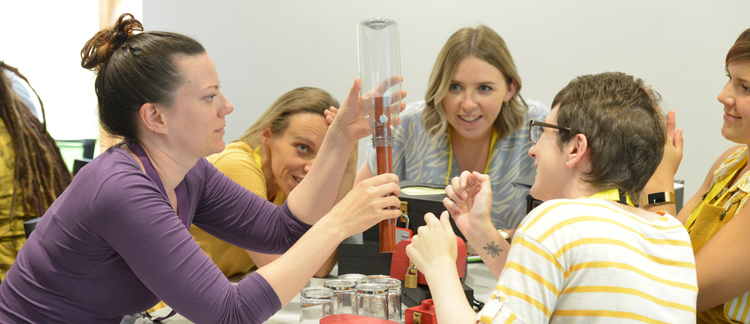Abstract
While game jams, rapid game co-creation events, have seen increased interest in learning contexts, their potential is still largely untapped. In this paper, we examine game jams as a form of playful assessment. We evaluate the potential of game jams to serve as a tool for assessing learning processes and goals of higher education students.
The study is built around two instances of a university course focusing on the analysis of storytelling in digital media, taught during the autumn terms of 2018 and 2019 at the University of Helsinki. Both instances included a Twine game jam with the idea of giving the students a hands-oninsight into highly abstract topics. In our qualitative study, we examined game jam experiences of the students through their written reports. Following research questions were formulated: Is game jamming with Twine a viable tool for assessing student learning on a university course? What limitations and requirements are there in the use of game jamming in assessment?
Through thematic analysis, we identified categories related to student learning and their experience of the game jam in the data. Categories were examined against the learning goals to discern how students were applying knowledge and concepts obtained during the courses.
Our results suggest that the game jam format encourages reflection of the course content as well as its application. Game jams potentially complement existing, more conventional assessment methods as they strongly encourage the jammers to engage with and apply knowledge they have acquired.
Keywords
playful learning, higher education, assessment, Twine, game jam
How to Cite
Roine, H., Meriläinen, M. & Kankainen, V., (2021) “Jamming the assessment: The viability of a Twine game jam as a learning evaluation tool in higher education”, The Journal of Play in Adulthood 3(2), 96-112. doi: https://doi.org/10.5920/jpa.846
1468
Views
356
Downloads

